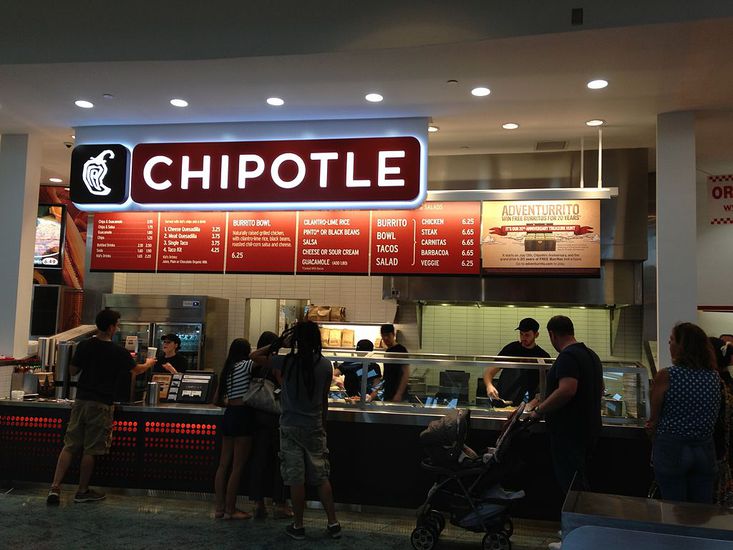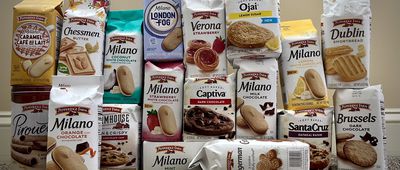Tainted Eats
Every year, 48 million Americans get sick and some 3,000 die from foodborne illnesses, according to the Centers for Disease Control and Prevention with Salmonella, Listeria, and E. coli being the most common culprits. And while food poisoning can happen anywhere, fast-food chains have seen some of the worst outbreaks due to their massive scale.
Data from iwaspoisoned.com, a food safety reporting platform, shows McDonald’s as a leader in food poisoning reports across 23 states from 2012 to 2023, followed by Chipotle in 20 states, Taco Bell in 5, and Chick-fil-A in 2. Some of these outbreaks left hundreds sick and forced changes to food safety rules.
Here are 6 fast-food chains that had the worst food poisoning outbreaks.















